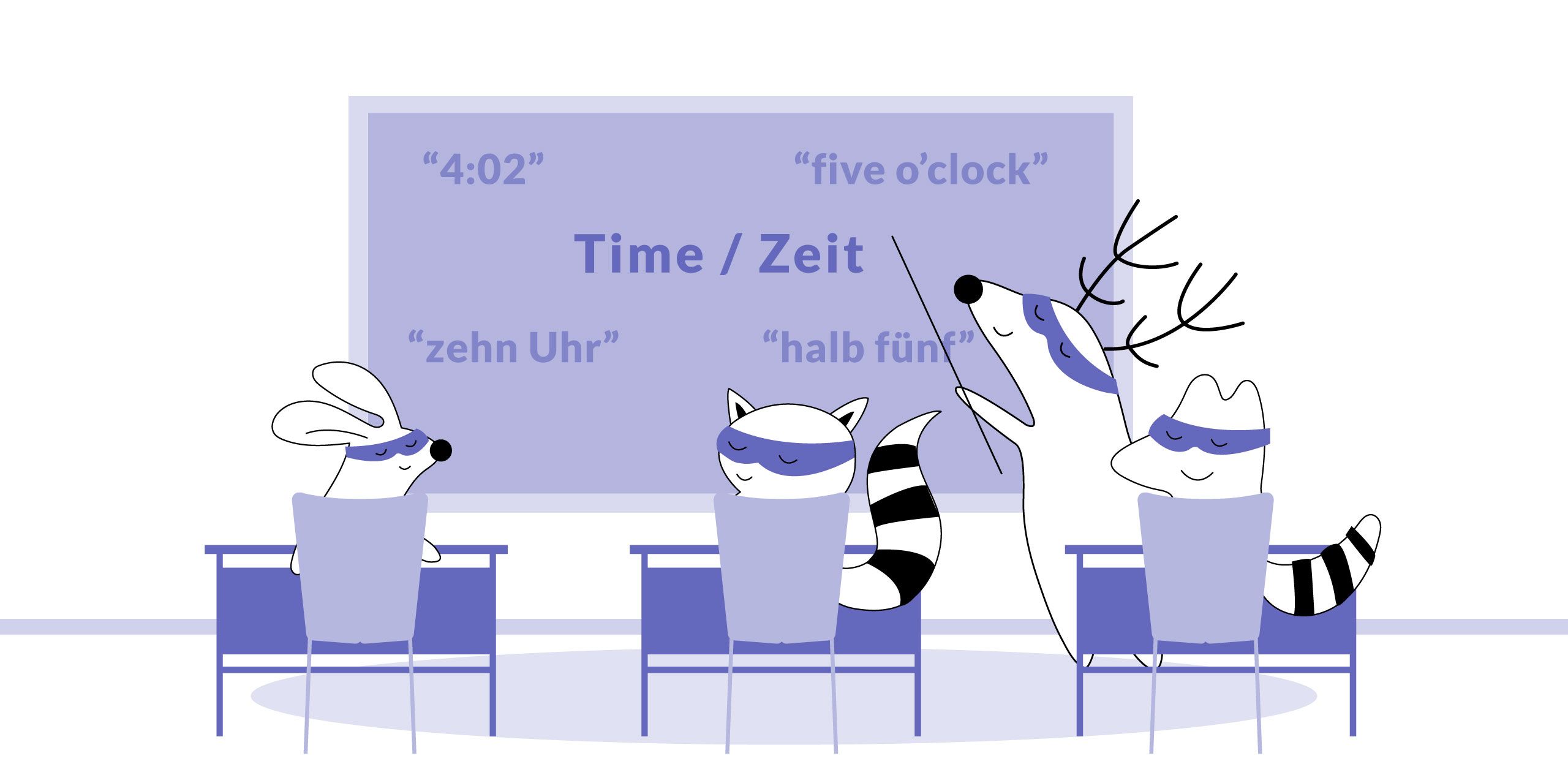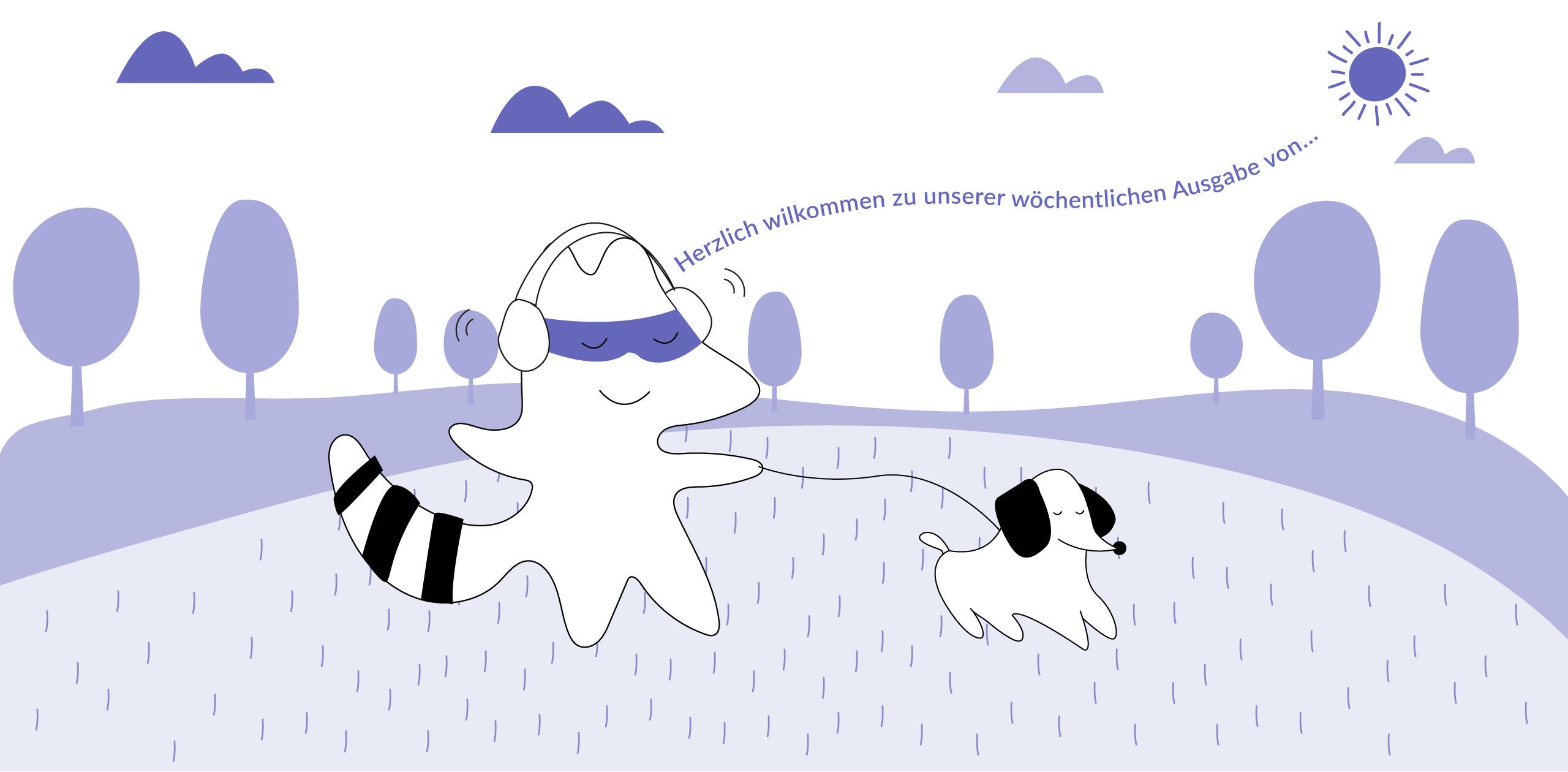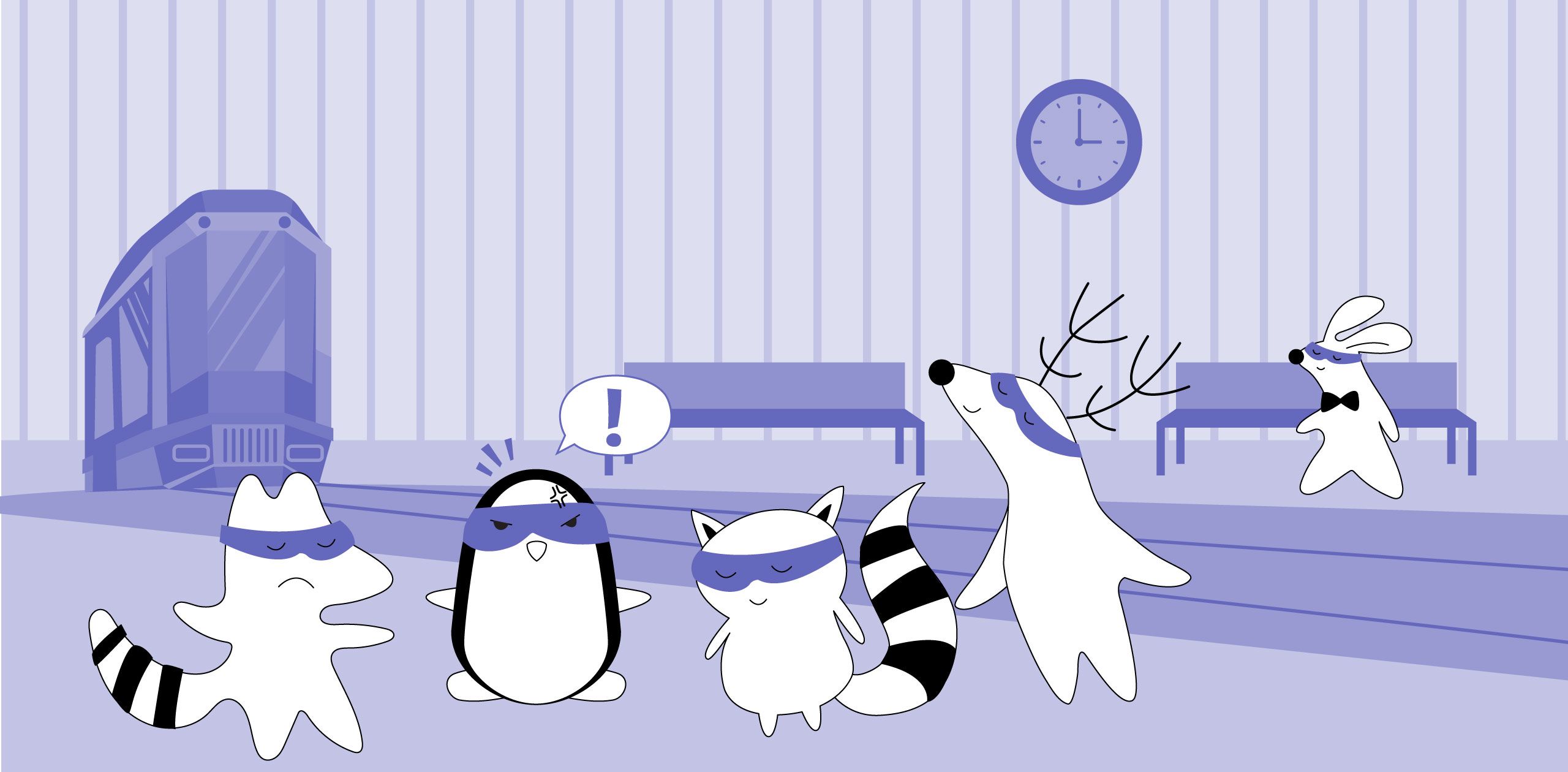
Did you know that Germans have a variety of colorful curse words at their disposal? While you may not want to use them in polite company, it's good to know them just in case you find yourself in a situation where you need to let off some steam.
Some of the most popular German curses and expressions include vernacular that can be quite harsh and offensive. Others are used commonly by teenagers and adults alike as a way to add some emphasis to their expressions. Without further ado, let’s take a look at some of the most popular German curse words and phrases and learn how to use them:
Quatsch!
Quatsch! is one of the most common German curse words. It literally means "nonsense" or "rubbish", and can be used to describe anything that is silly or ridiculous. It's usually used as a standalone exclamation, but can also be added to the end of other curses for extra emphasis. For example:
Native
Translation
Was ist denn hier quatsch?!
What the hell is going on here?!
Scheiße!
Scheiße! is another very common German expletive. It literally means "shit", and can be used to describe anything that is unpleasant or annoying. It can also be used as a standalone exclamation, or added to the end of other curses for extra emphasis. Here’s how you can use it in a setnce:
Native
Translation
Das ist ja eine scheiße Situation!
This is a really shitty situation!
Du Arschloch!
"You asshole!" is what this German vulgarity means. It's used to describe someone who is acting like a jerk, or has done something inconsiderate or thoughtless. It can be used as a standalone exclamation, or added to the end of other curses for extra emphasis. You might hear someone say:
Native
Translation
Du arschloch! Warum hast du das getan?
You asshole! Why did you do that?
Halt die Fresse!
The literal translation of this German phrase is "Shut your mouth!" and that's pretty much what it means. It's used to tell someone to stop talking, either because they're saying something annoying or because you don't want them to say anything that might get them into trouble. Here’s an example:
Native
Translation
Halt die Fresse, sonst kriegst du Ärger!
Shut your mouth, or you'll get into trouble!
Donnerwetter!
Donnerwetter! is a less aggressive German curse word that literally means "thunder-weather". It's used to express surprise, anger, or frustration, and can be used as a standalone exclamation or added to the end of other curses for extra emphasis. People say things like:
Native
Translation
Was ist denn hier los, donnerwetter?!
What the hell is going on here?!
When used in a phrase “Zum Donnerwetter!”, however, it would simply mean “God damn!”
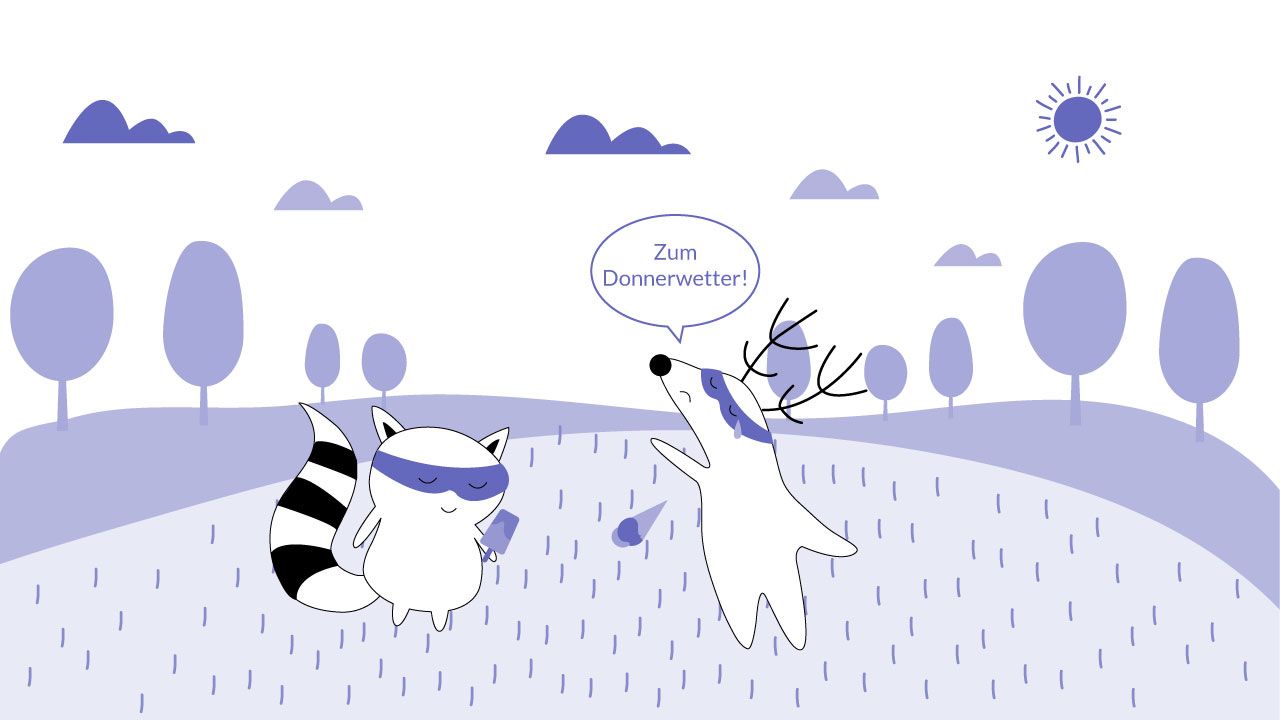
Depp!
The German swear word "depp!" is a term of insult that is used to refer to someone who is stupid or foolish. It can be used as a standalone exclamation, or as part of a phrase, such as "you're an idiot!" or "Du bist ein Depp!” When using this word, it is important to remember that it is considered very offensive, so use it sparingly and only with people you are very close to. An example sentence using "Depp!" might be:
Native
Translation
Hör auf so Depp zu sein!
Stop being such an idiot!
Verdammt
Verdammt is a German curse word that means "damned". It is used to express anger, frustration, or disappointment. It can be used as a standalone exclamation or as part of a longer phrase. Remember to use it sparingly, as it is considered quite strong. For example:
Native
Translation
Verdammt, ich habe meine Schlüssel vergessen!
F*ck, I forgot my keys!
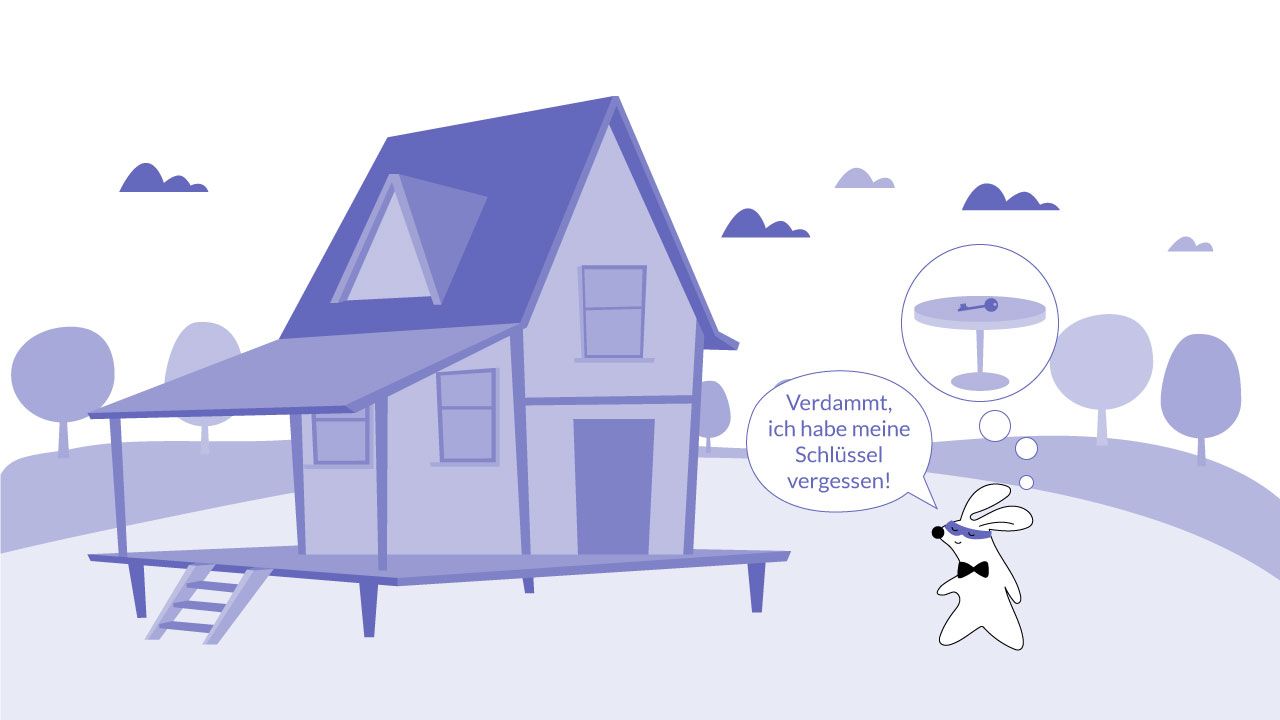
This is one of the most common German swear words that fits well in almost any sentence. For instance, if your colleague was late to the meeting again and you want to express your frustration to a friend, you can say:
Native
Translation
Dieser verdammte Justin war wieder zu spät dran.
Fricking Justin was late again.
Just make sure Justin doesn’t hear that.
Native German speakers also use this word to show their delight or excitement. You might hear some German teenagers say:
Native
Translation
Das Stück war verdammt beeindruckend.
The play was f*cking amazing.
Der Mist
Der Mist is a German word that means "rubbish" or, in certain construction, "crap". It is used as an expression of frustration or anger, and, when used on its own, is considered quite mild language. Here’s an example:
Native
Translation
Der Mist, ich hab meinen Schlüssel wieder verloren!
Crap, I lost my keys again!
Nevertheless, you can hear it in other, much stronger sentences, such as “So ein Misthaufen!” – “What a pile of crap” or “Ich habe Mist gebaut” – “I screwed up.”
Leck mich am Arsch!
This phrase is considered one of the most offensive things you can say in German. It is used to express extreme anger, frustration, or contempt. It is not used in casual conversation and should only be used with people you know very well.
English speakers might be able to guess its exact translation. It’s “Lick my ass” – or, when translated more naturally, “Kiss my ass,” “Bite me” or “Screw off!” Overall, it’s not a nice expression in the command form.
For example:
Native
Translation
Leck mich am Arsch! Ich habe keine Lust mehr auf diesen Mist!
Screw off! I've had enough of this bullshit!
Remember that this phrase is very offensive and should only be used in extreme circumstances. Using it too casually can insult your friends and damage relationships. Use it sparingly and with caution.
Geh zum Teufel!
Geh zum Teufel! is a German phrase that literally means "go to the devil!" or, more naturally, “go to hell!”. It is considered quite strong, but is used pretty often either by itself or as a part of a longer sentence.
Geh zum Teufel! is used in many different situations, for example:
- when you are angry with somebody and want to tell them to go away;
- when you are disappointed with somebody and want to express your frustration;
- when you are badly surprised by something or someone.
Here are a few examples of how this phrase can be used:
Native
Translation
Geh zum Teufel! Ich will dich hier nicht mehr sehen.
Go to hell! I don't want to see you here anymore.
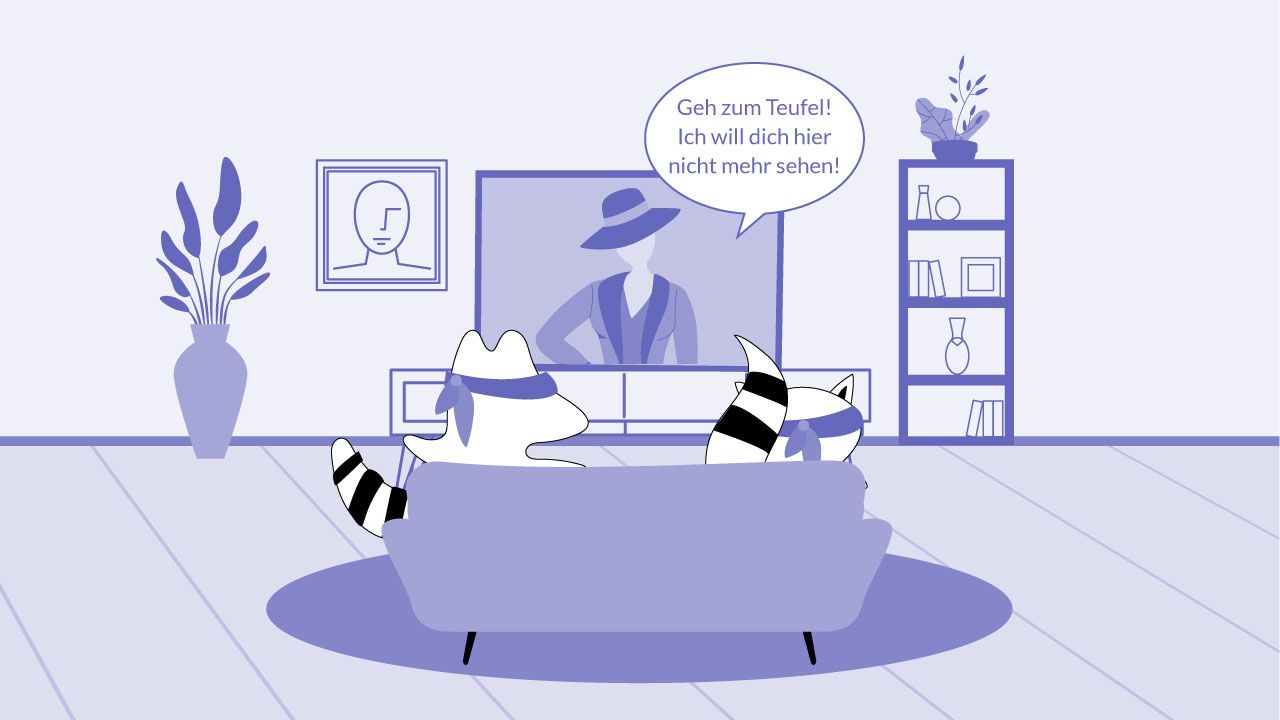
Native
Translation
Ich habe dir gesagt, du sollst das nicht tun und jetzt siehst du, was passiert ist! Geh zum Teufel!
I told you not to do this and now look what happened! Go to hell!
Die Sau/das Schwein
Die Sau and das Schwein are both German words for "pig" – they are used as insult words to describe someone who is considered to be dirty, lazy, or greedy. However, use these carefully because they are some of the worst German insults.
Die Sau is usually translated as “bitch” or “bastard.”
For example:
Native
Translation
Du bist eine verdammte Sau!
You're a filthy pig!
It can also be a part of longer and much stronger constructions, such as alte Landsau, or “stupid old bitch” or “dumb bastard of the pig”. You can also say Drecksau for “shithead.” Sau can also be used as a prefix, to express that something is lousy or shitty, such as die Sauarbeit (lousy/shitty work).
Das Schwein can be translated as “bastard” or “son of a bitch.” It is probably one of the strongest German swear words, so it’s best not to use it at all, nor to use its compounds – der Schweinehund / der Schweinekerl (bastard) and die Schweinerei (indecent act, dirt, filth).
Other Common German Curses
Above, you can see some of the most common German swear words. However, there are many more where they came from. Here are some of the other curses:
Native
Translation
Das ist mir scheißegal!
I don't give a shit!
Das geht mir am Arsch vorbei
I don’t give a shit
Am Arsch der Welt
At the ass end of nowhere
Halt die Klappe!
Shut up
Du spinnst wohl
You must have lost your mind.
Küss meinen Arsch
Kiss my ass
Sohn einer Hündin!
Son of a bitch!
Germans and the Swear Words: A Quick Insight Into the Culture
Germans are a notoriously direct people. They say what they mean, and they mean what they say. This is particularly evident in their use of swear words. Swearing is an important part of German culture, and natives use curse words in a variety of situations to express everything from anger to happiness.
While the average person might be a bit too polite to use German swear words, it's important to understand their cultural context.
One thing to keep in mind when using German swear words is that you should assess the situation before using them. Native speakers often use curse words without thinking, but as a foreigner, you'll want to be a bit more cautious. You don’t want to offend the locals.
Even though the German TV usually does not censor bad words (just like the French ones), in some places swear words may simply not be appropriate, such as mixed company in Bavarian catholic areas. Choose your moments wisely, and make sure that the people around you are okay with hearing such language before you express your thoughts in an obscene manner.
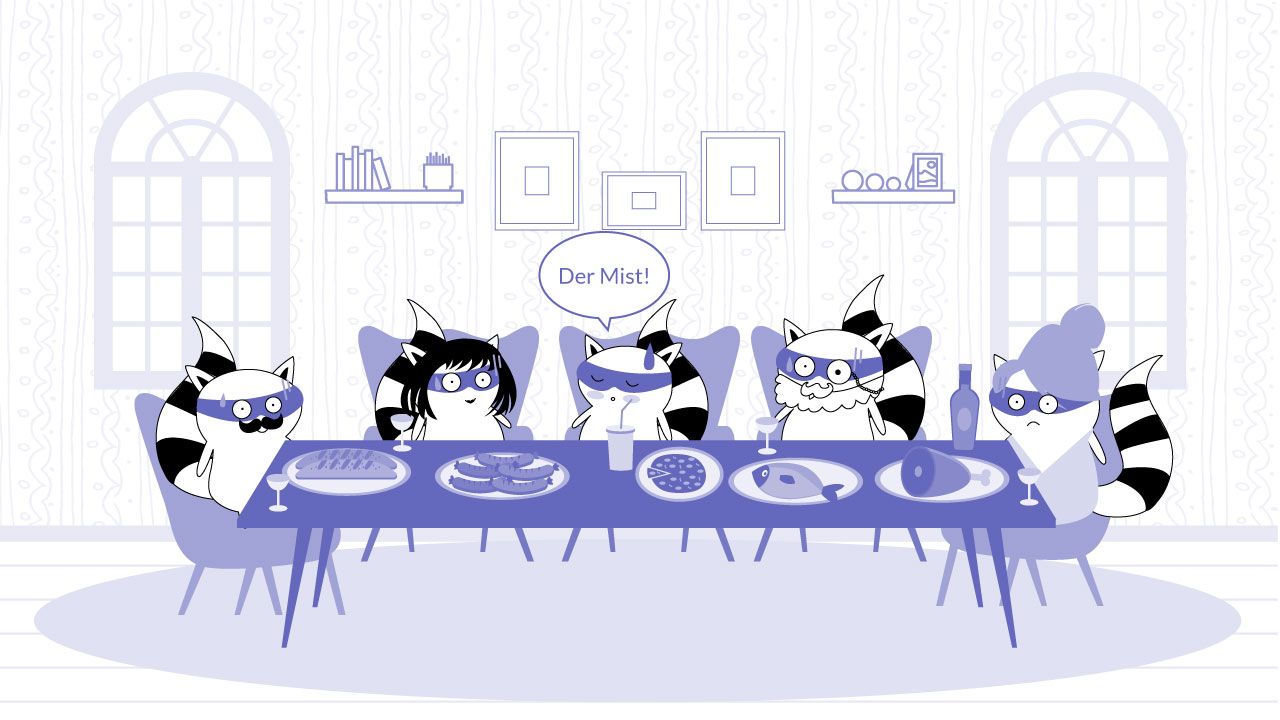
Final Thoughts
We hope this article has given you a better understanding of German curse words and their cultural context. Remember to use them sparingly and only in appropriate situations, as they can be quite offensive.
With that being said, they can also be used in a variety of ways to express a range of emotions. So if you find yourself in Germany, don't be afraid to let loose with a few choice curses! Just make sure you know what you're saying first – and that the company you’re in is okay with some obscene terms, even mild ones.







